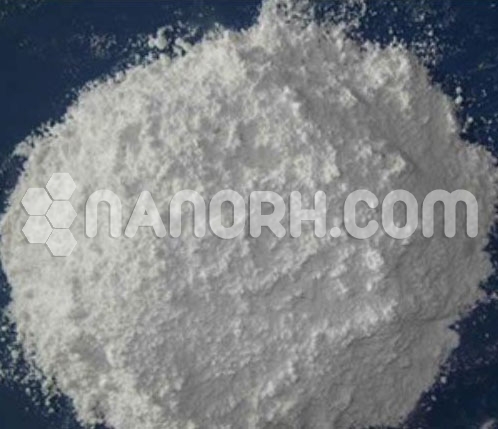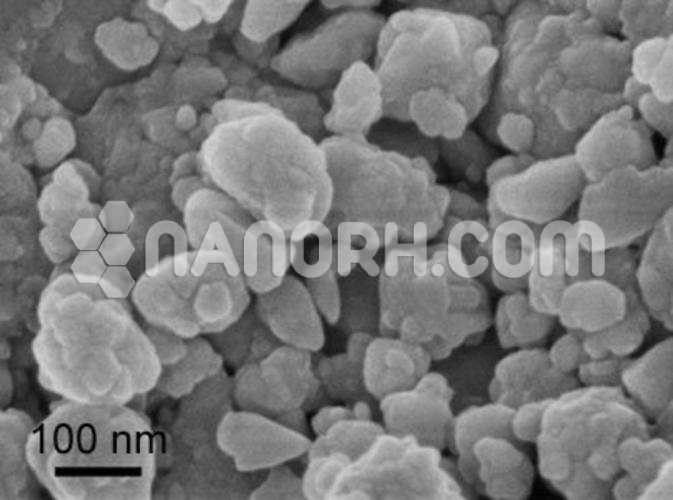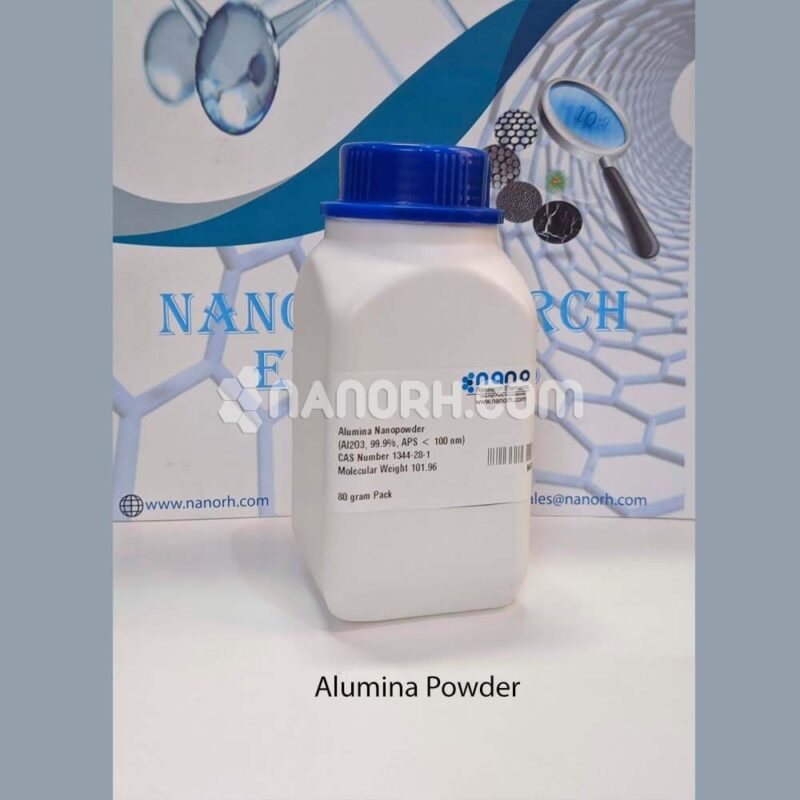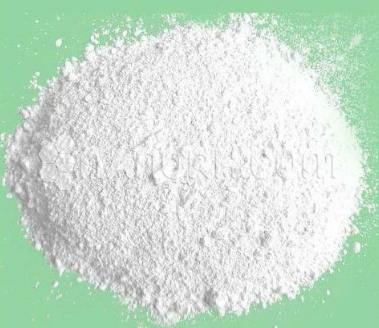| Zinc Chloride Powder | |
| Product No | NRE-11290 |
| CAS No. | 7646-85-7 |
| Formula | ZnCl2 |
| Molecular Weight | 136.315 g/mol |
| APS | <40um (can be customized) |
| Purity | 99.5% |
| Density | 2.907 g/cm³ |
| Color | White |
| Melting Point | 290 °C |
| Boiling Point | 732 °C |
Zinc Chloride Powder
Zinc Chloride powder is an inorganic compound composed of zinc (Zn) and chlorine (Cl). It typically appears as a white, crystalline powder, though it can also be found as a colorless or transparent liquid when in solution.
Applications
Electronics and Batteries:
Zinc chloride is used in the production of batteries, particularly zinc-carbon batteries and alkaline batteries. In these batteries, zinc chloride acts as a cathodic depolarizer and helps increase the efficiency of the electrochemical reactions.
It is also employed in zinc-based rechargeable batteries and energy storage devices, helping improve the performance and stability of these systems.
Water Treatment:
Zinc chloride is utilized in water treatment applications as a flocculant or coagulant to remove impurities from water. It helps in the removal of phosphates, heavy metals, and suspended solids by causing them to clump together, making them easier to remove through filtration or sedimentation.
It can also be used to neutralize acids or to treat wastewater from industrial processes, such as chemical manufacturing, where high concentrations of contaminants are present.
Textile Industry:
Zinc chloride is used in the textile industry as a dyeing agent and mordant. It helps improve the color intensity and retention of dyes, particularly in cotton and synthetic fabrics. It also serves as a flame retardant for certain fabrics, reducing the risk of fire hazards.
It is employed in the production of viscose rayon, where it acts as a solvent in the preparation of the cellulose pulp used to create synthetic fibers.
Wood Preservation:
Zinc chloride is a common wood preservative used to protect wood from fungal decay, mildew, and insect infestation. It helps enhance the durability of wood in outdoor environments and is often used in the treatment of railroad ties, telephone poles, and decking materials.
The compound’s ability to prevent rotting and corrosion makes it an ideal choice for preserving wood in harsh conditions.
Chemical Synthesis and Catalysis:
Zinc chloride is widely used in chemical synthesis as a catalyst or reactant. It plays a key role in organic reactions such as Friedel-Crafts alkylation, Wurtz reaction, and carbonylation reactions, where it facilitates the formation of carbon-carbon bonds.
It is used in the production of organometallic compounds, such as zinc alkyls, and as a catalyst in the production of plastics, polymers, and pharmaceuticals.




